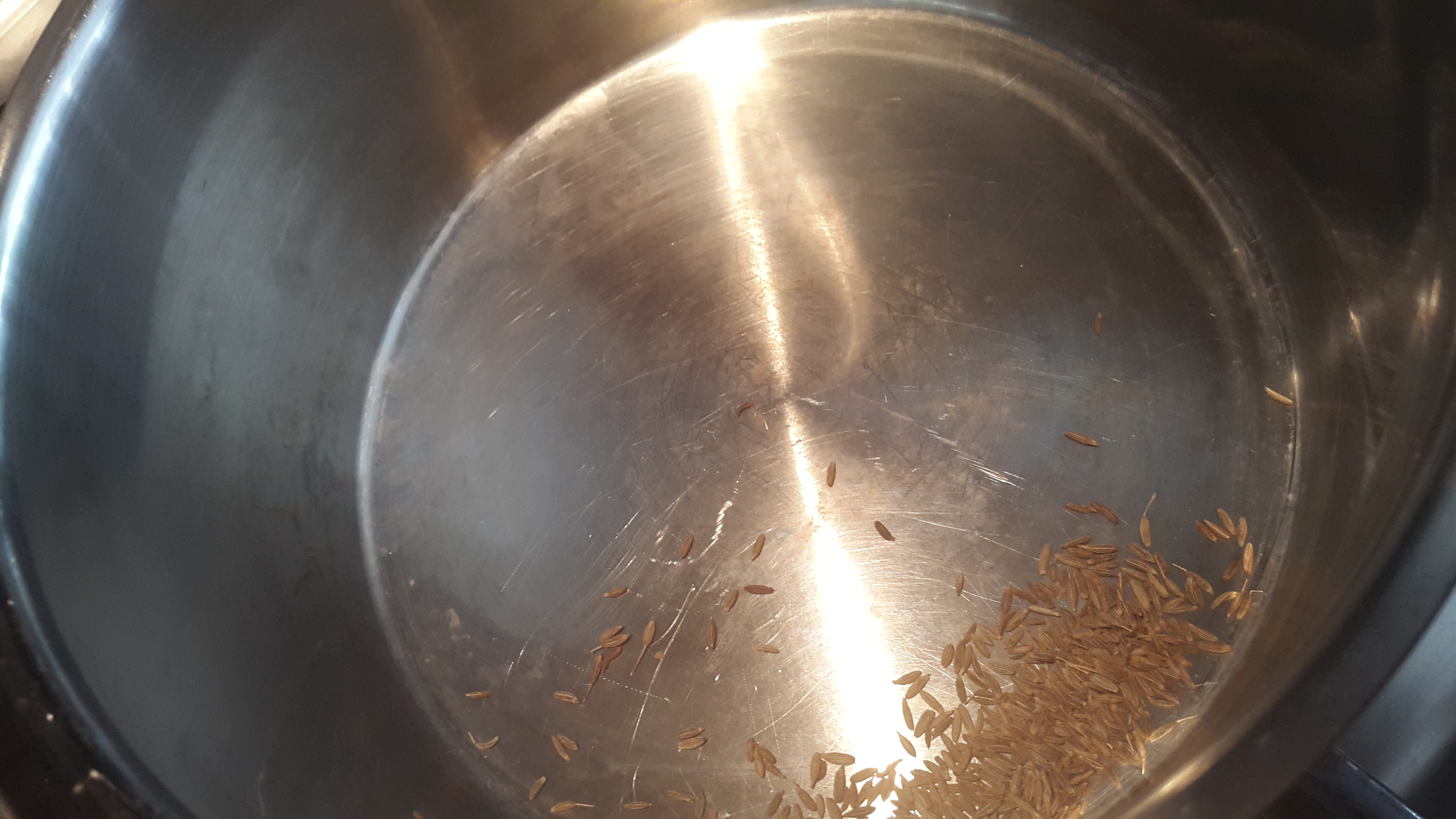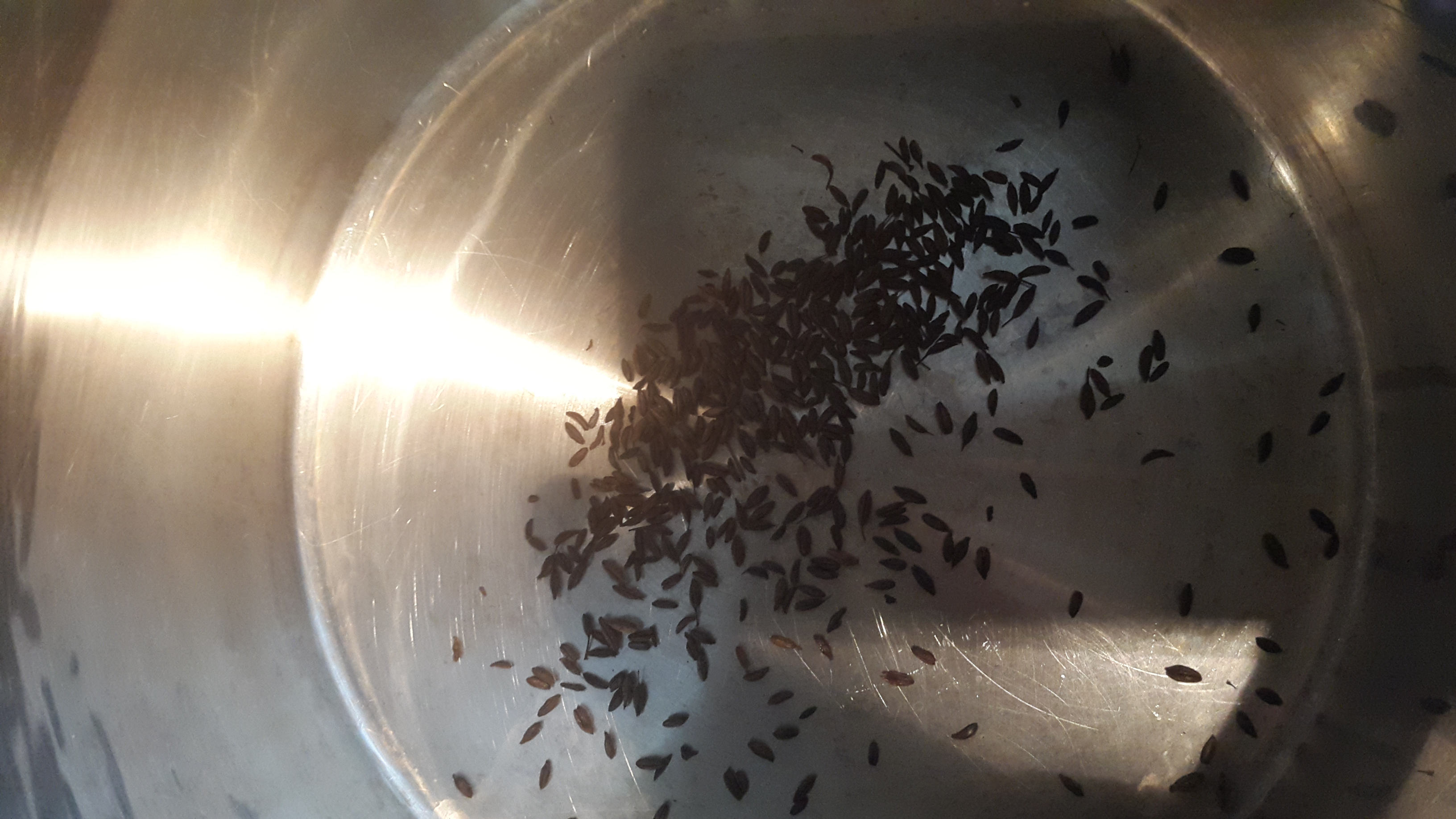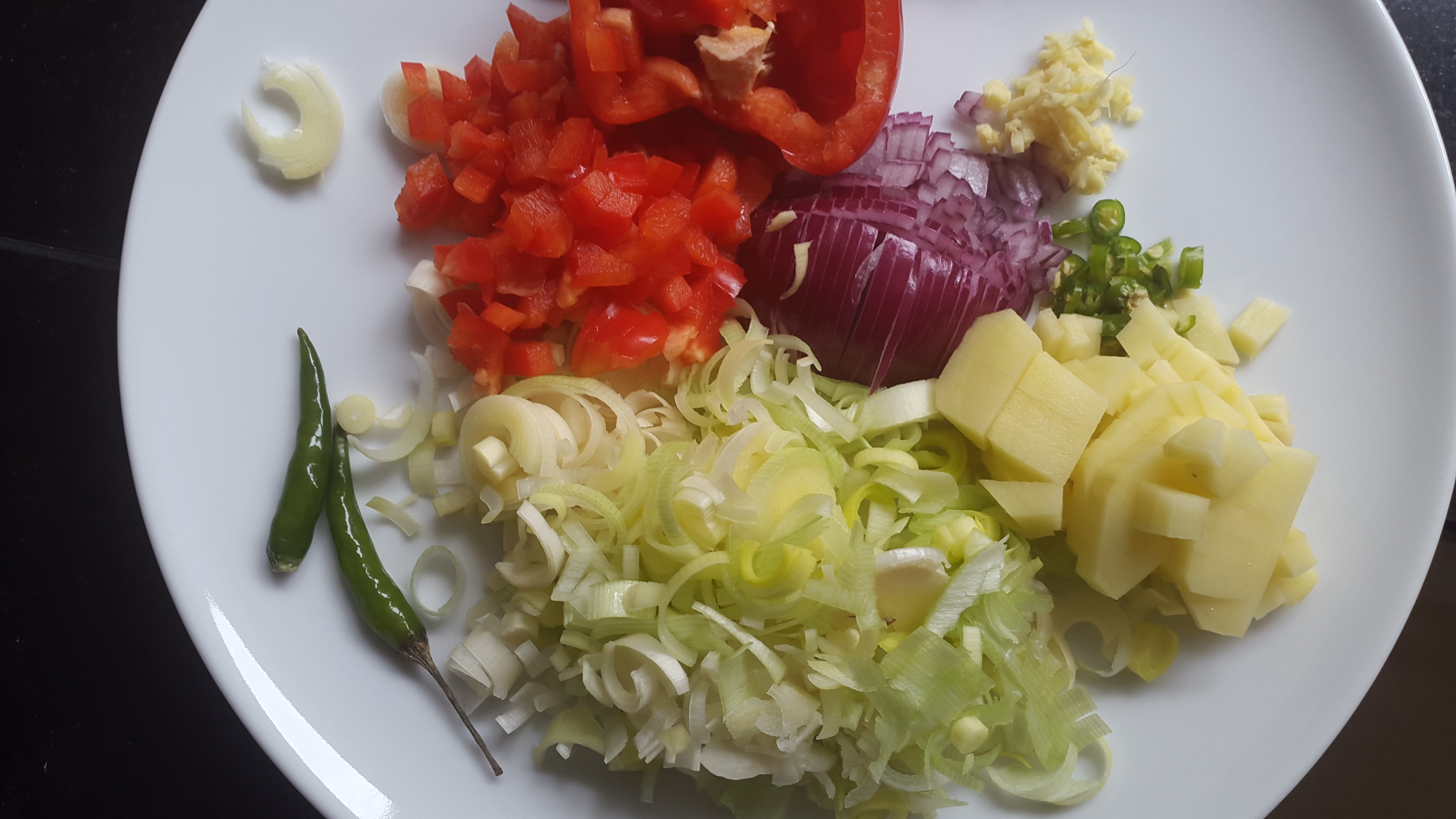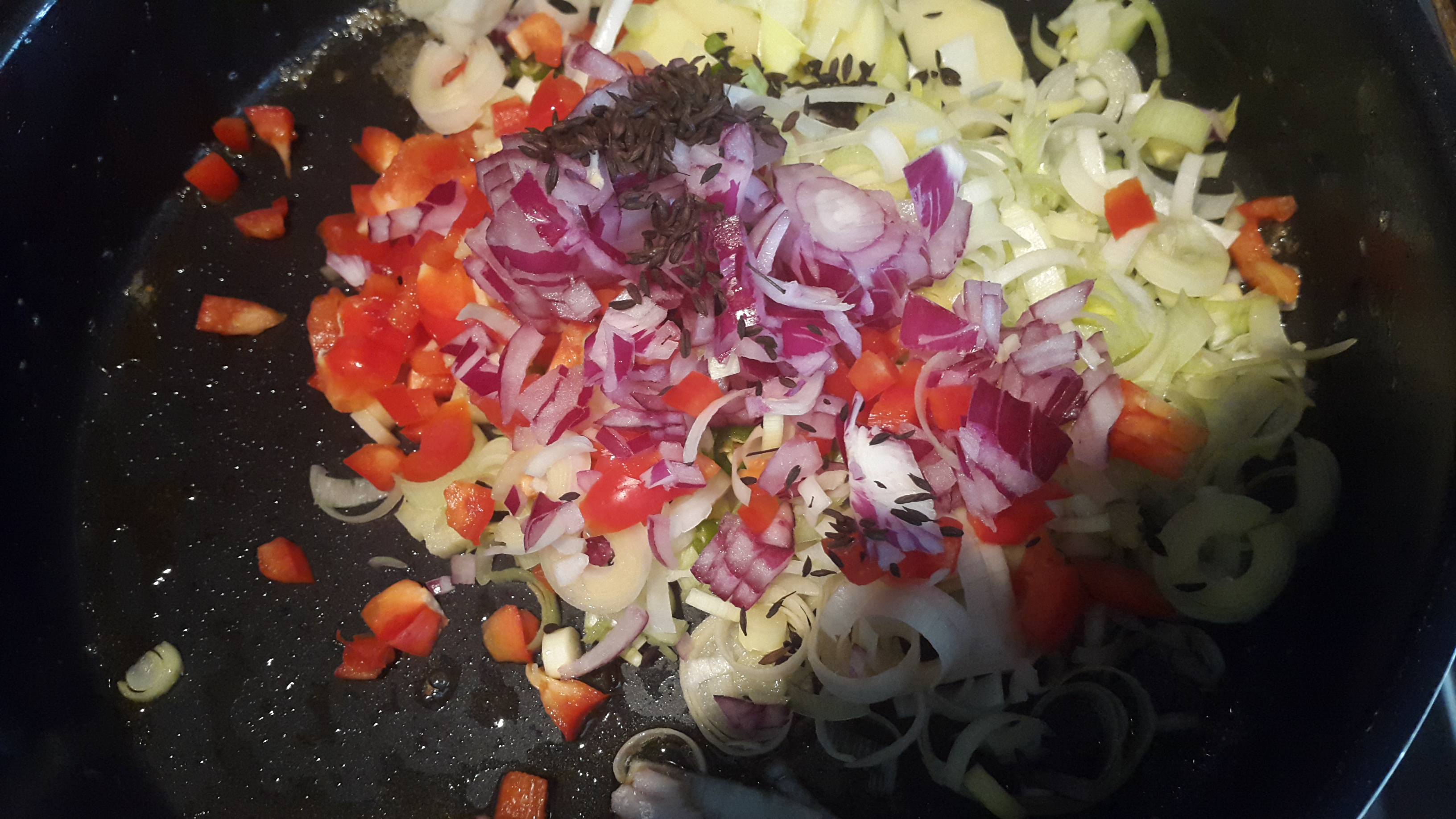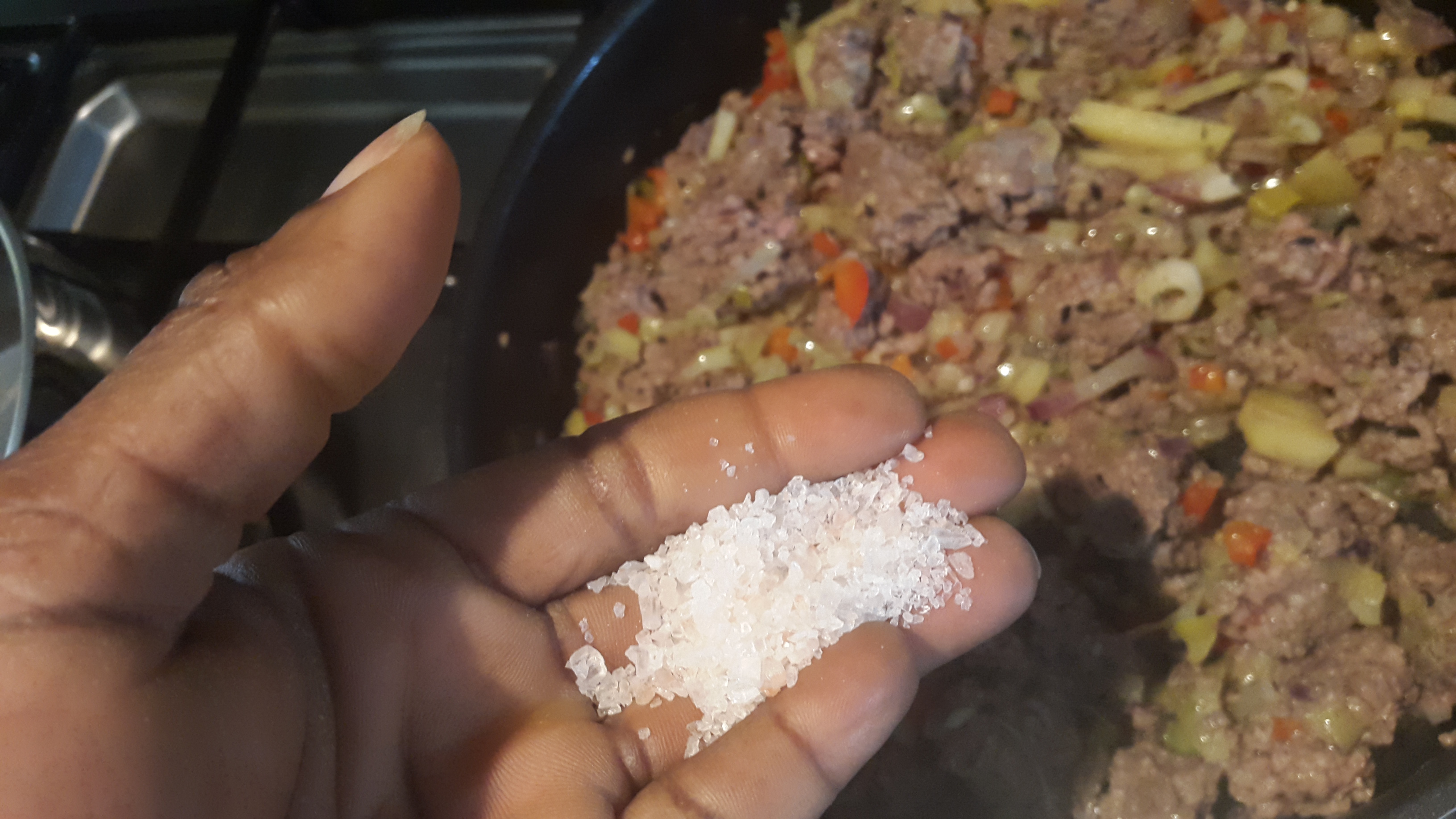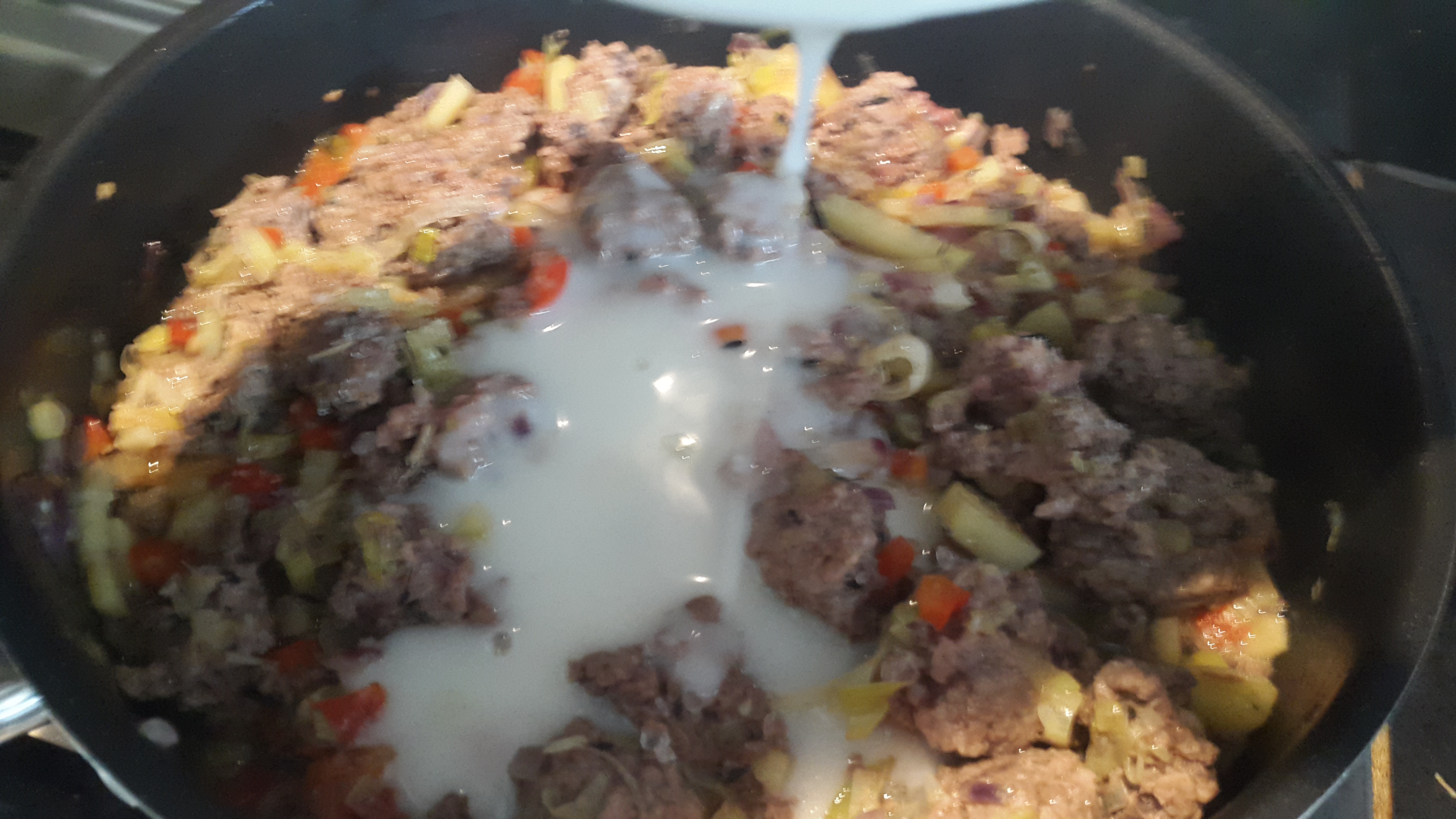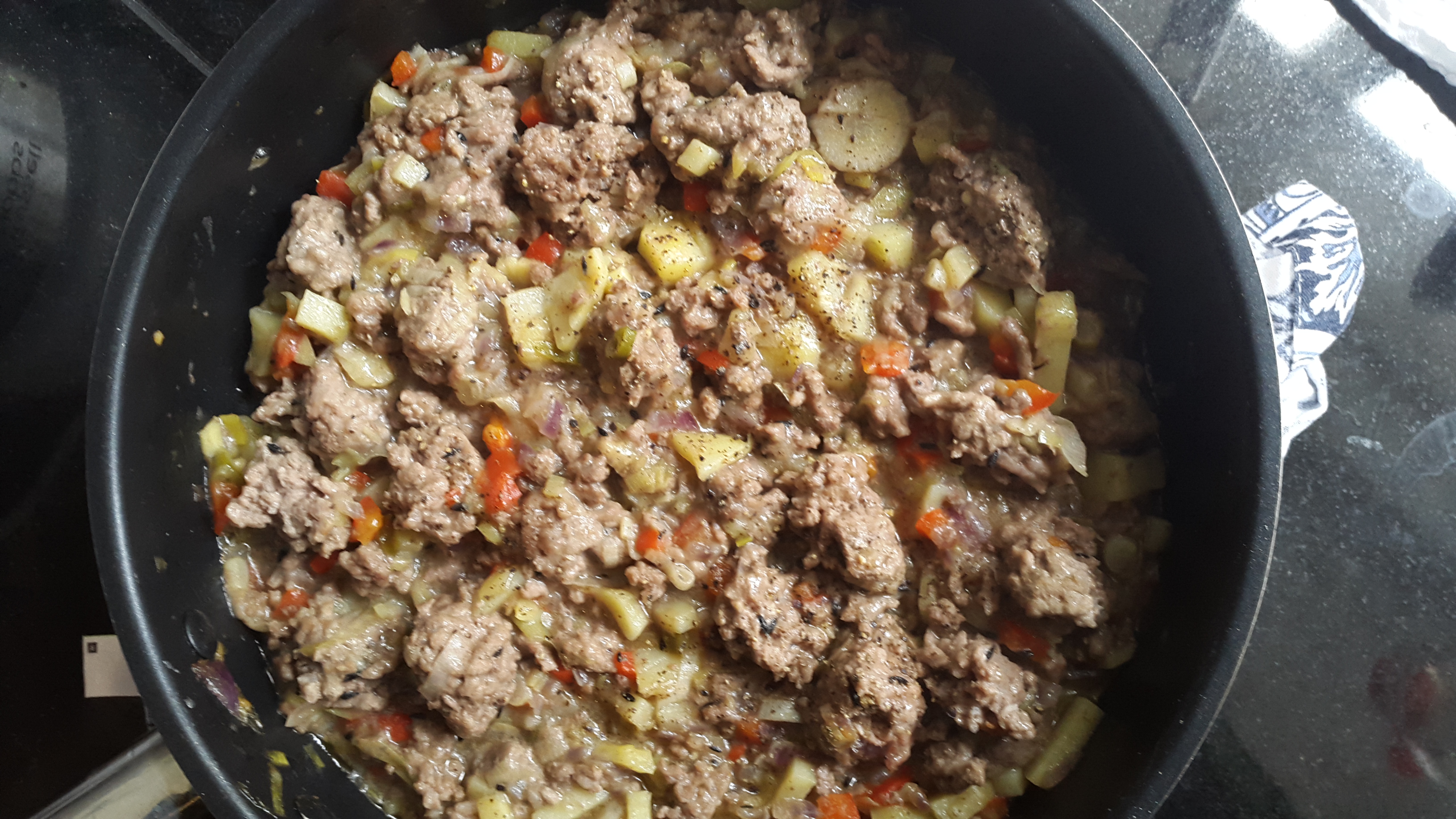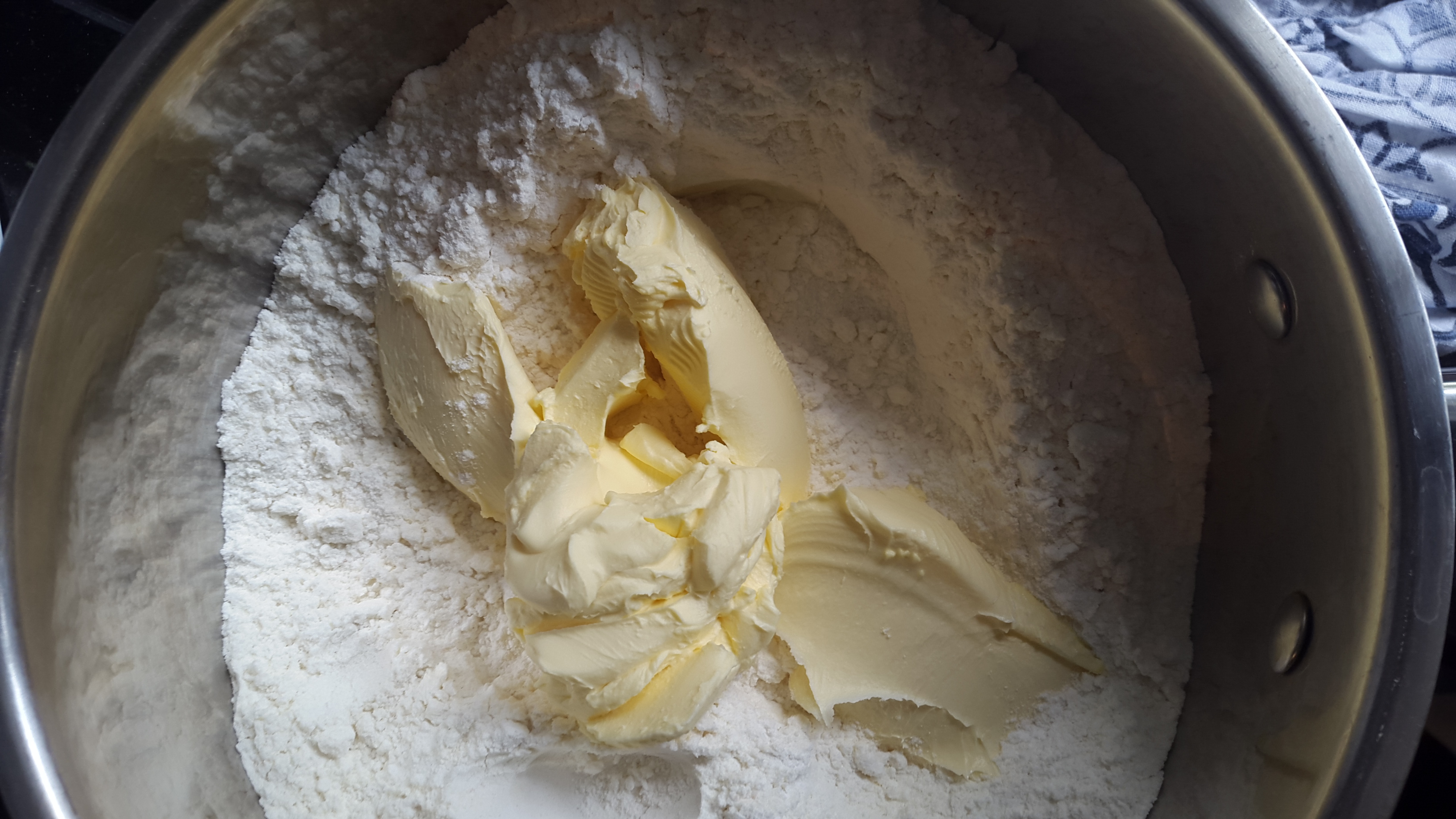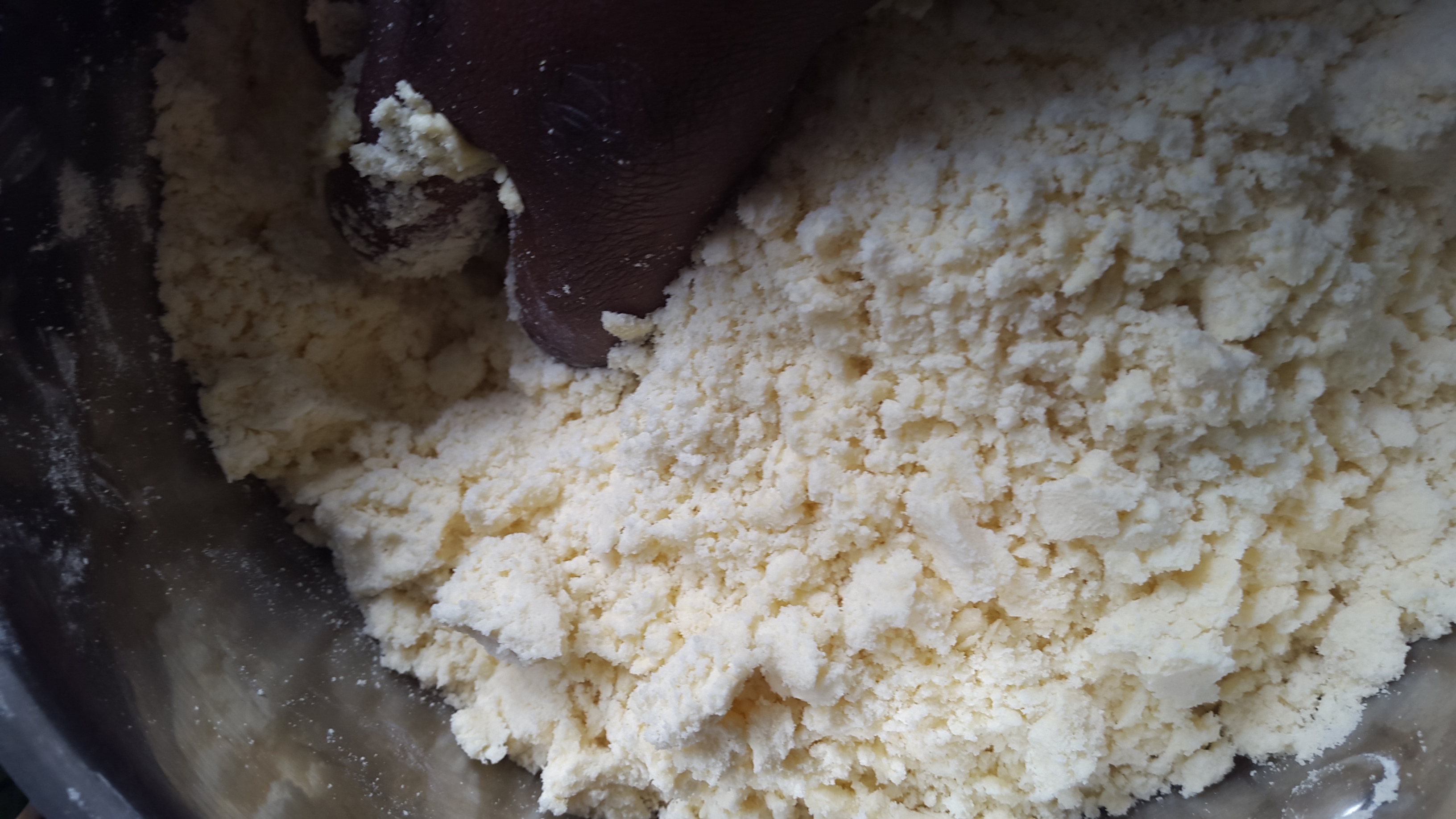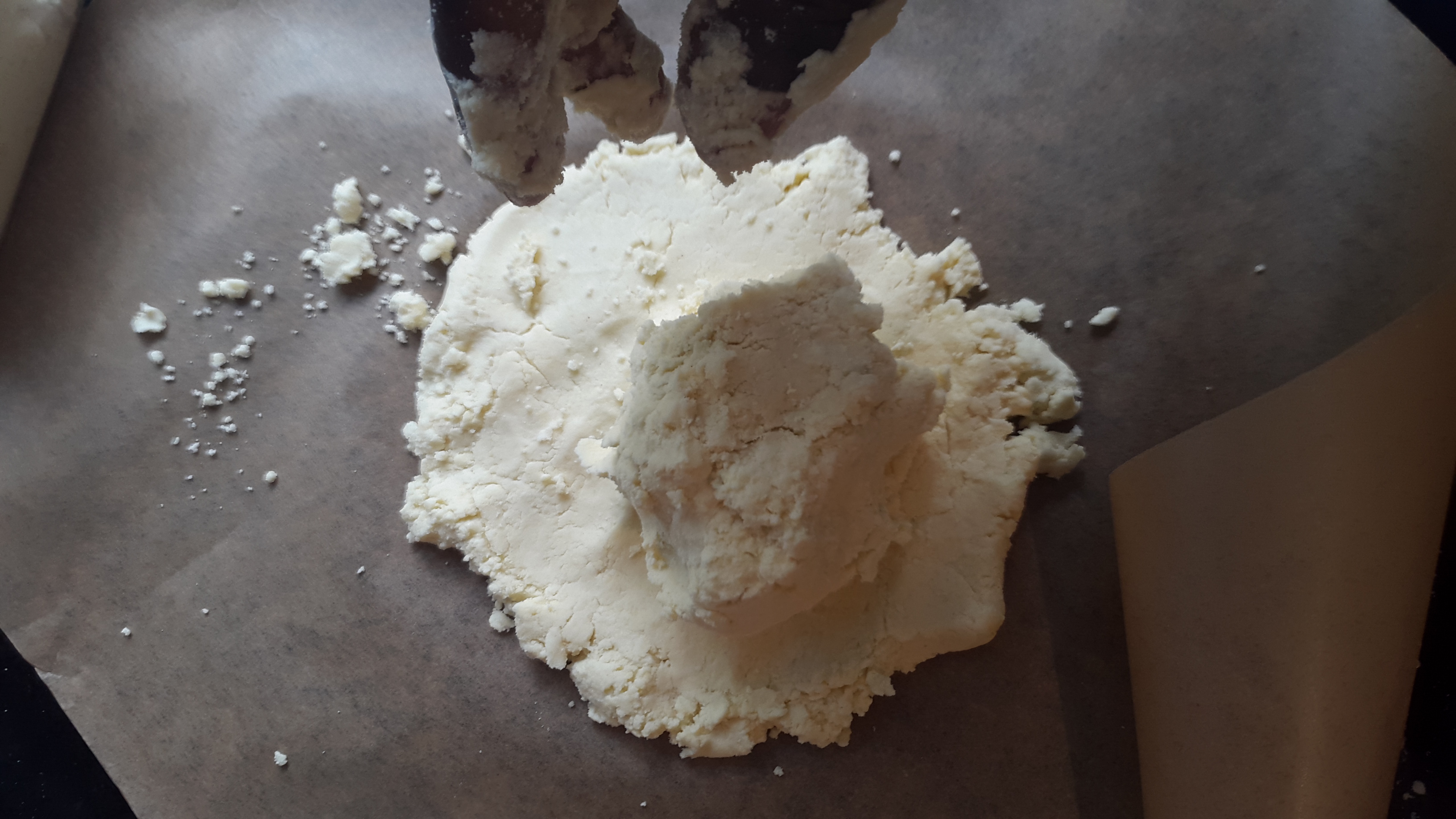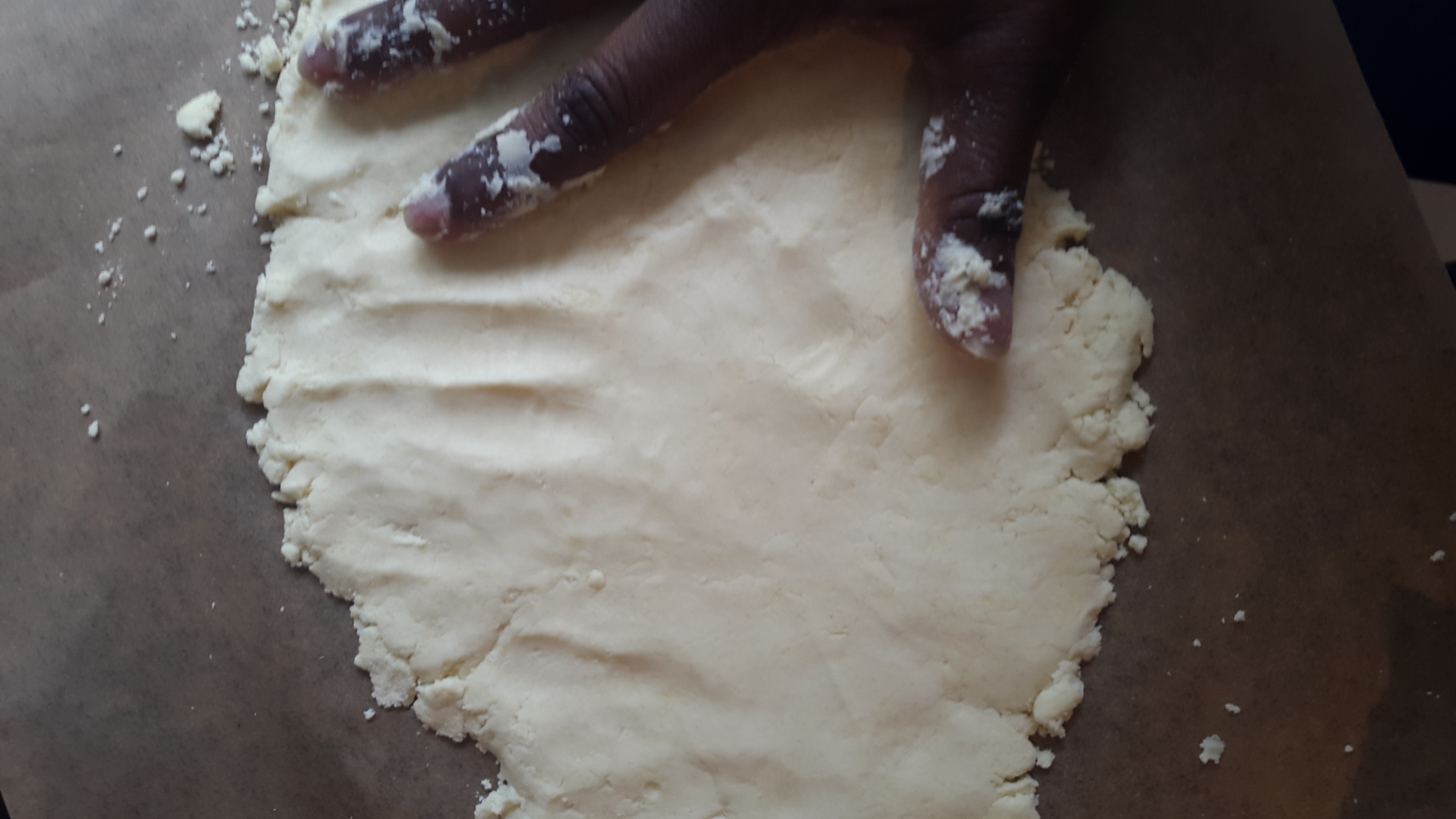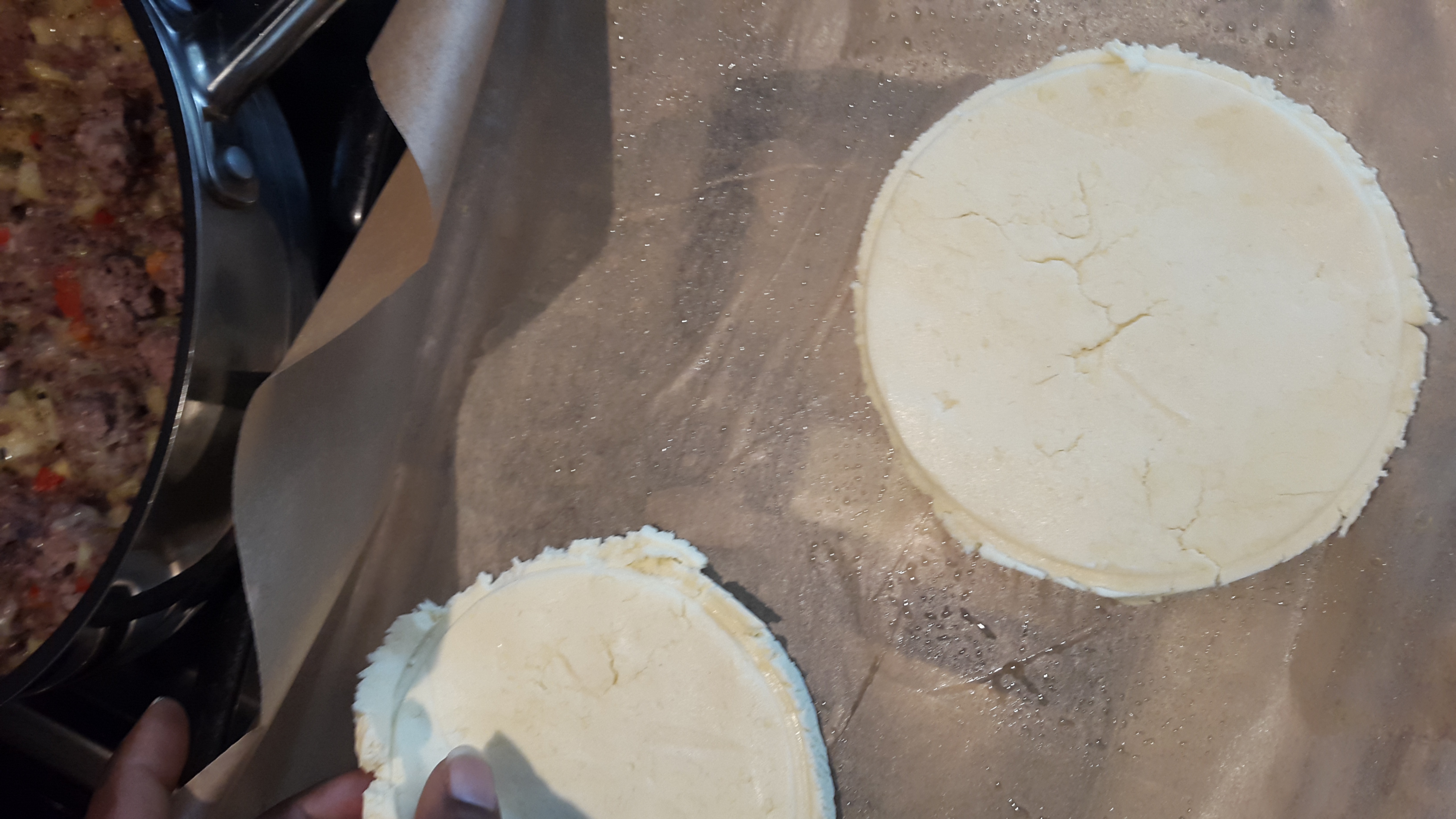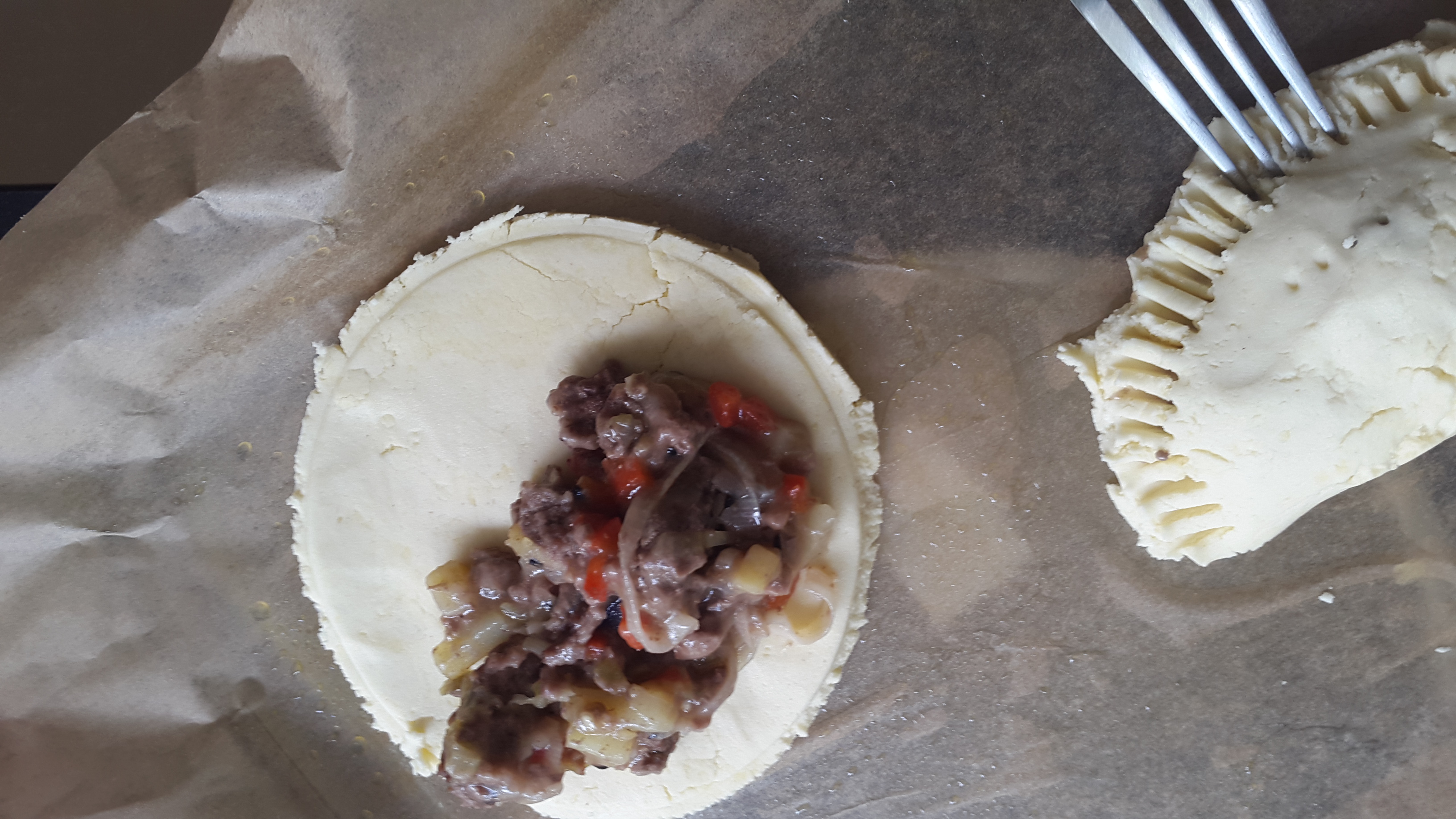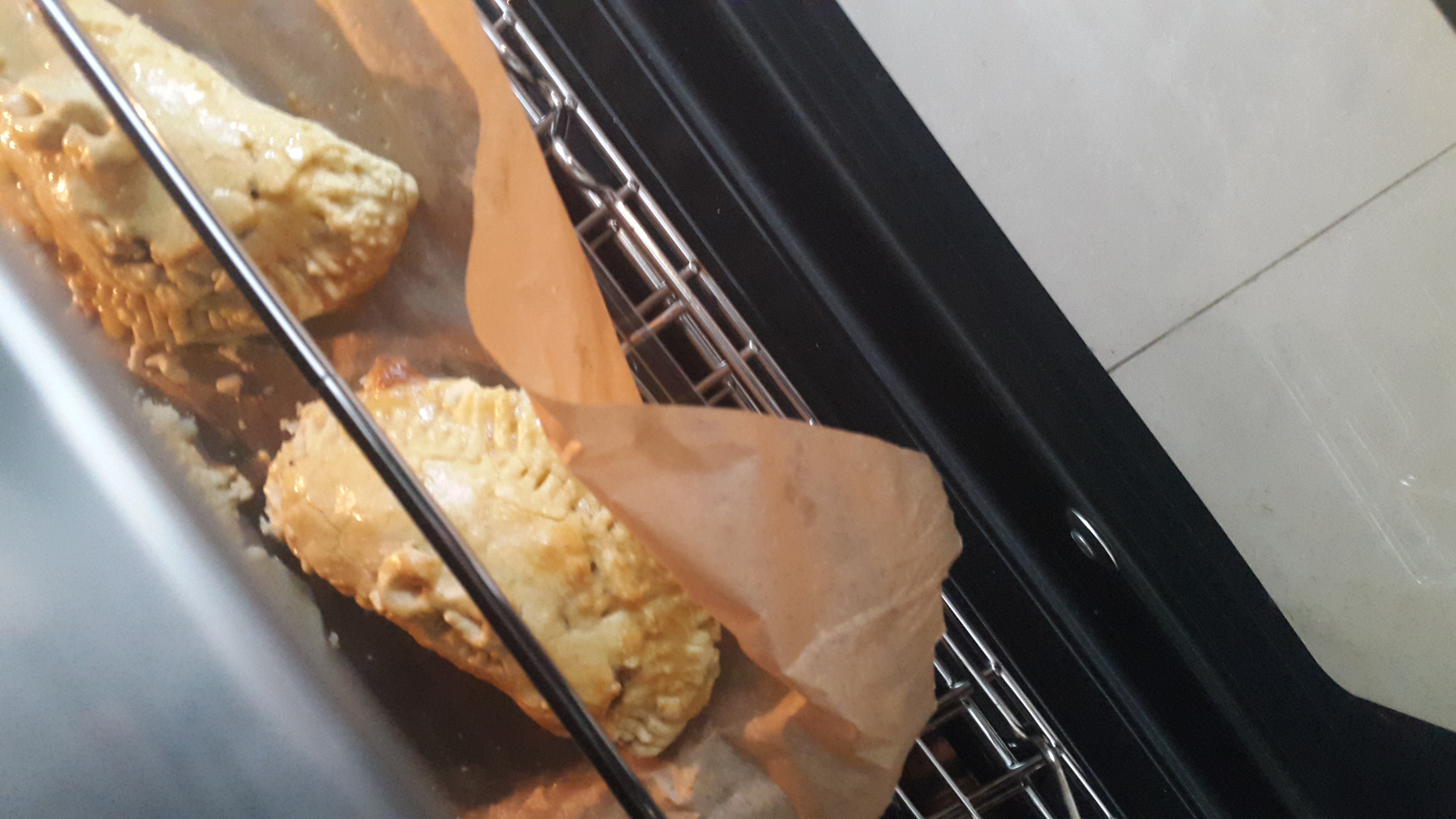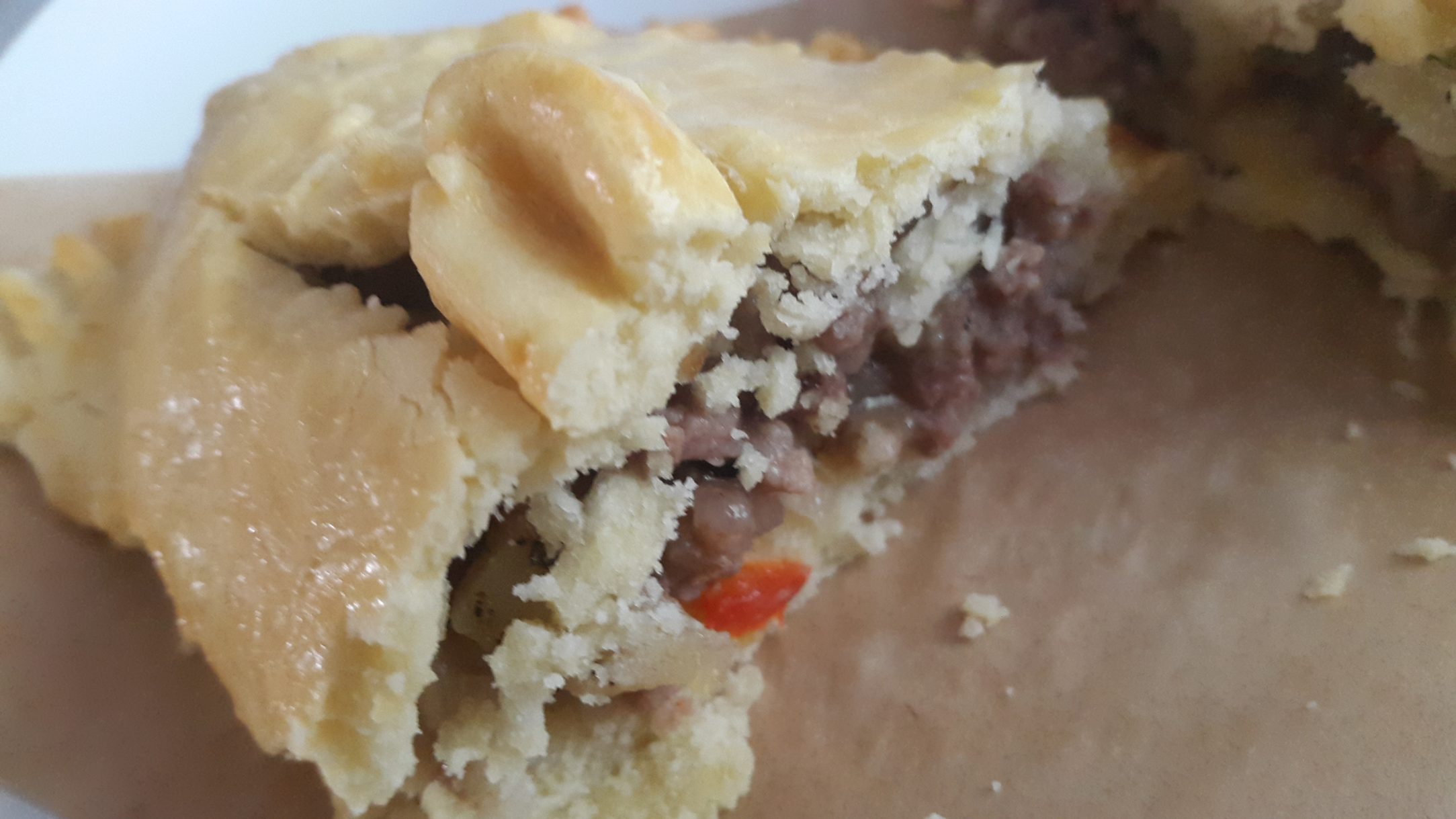The two women had come to the conclusion that I was like them, that I was one of them, and fueled by that reckless misconception they took me to a house in town. It was not my fault if I looked like butter would not melt in my mouth, like innocence and benevolence in a food processor; I did not create my face or its deceptions. And so, as we briskly covered the short distance to the house, as they introduced our destination, I was intrigued beyond cautiousness; I was diplomatic, idiotic, was even sucking up.
I regret that. I regret that I disregarded the prick of foreboding. You see, I had promised myself never to carry war into another woman’s home. Everyone has their own Eewo, their own personal taboo, in black and white, framed, hung up on the wall in case amnesia should ever happen, on case I ever forget who I am, and this was mine: Never join with those who carry fire into another woman’s bosom. In a country where domestic violence happens with institutional complicity—joining family and church and women—this is a fundamental code of conduct.
Nigerians fixate on physical evidence of violence, and only on the body. But my friend Akin Ajayi—who unlike me passed his bar exams—tells me that I must underline for the reader that domestic violence includes emotional and psychological slaps and knocks, beatings that don’t leave any visible bruises. And women in Nigeria agree to be the machines of this violence for infantilized men, shamelessly employing their cultural allowance of melodrama to harass vulnerable women. This means that spousal violence isn’t hidden, isn’t private; it is theatre, attended and cheered by mobs of women in the day-time, in full view of neighbors and passersby, rubber-stamped by traditional practice and culture. Women who were themselves abused, traded-in, thrown-out, and humiliated are whole-hearted recruits when a man no longer wants his wife and decides to evict her.
He goes back “home”; we say; he lays his head down in his mother’s lap, asks to suck on her breasts. Her cup of relevance felt so empty when he was gone, but his mother will be energized by his return—which she always anticipated—and so she rallies assassins on his behalf, other women from his family who help him take care of his gone-past-sell-by-date, room-and-parlor-sized, disfigured-by-childbearing house-mate; his hands must be unspoiled so that he can bring in a sepe-sepe-figure-8, ayonge, elejetutu, fresh babe, whatever your words to describe the new to replace the old.
Within the ranks of soldier ants there is a jealously guarded secret, and the price for knowing it is death. It is this: the soldier ants are all women.
The theatrics of eviction—so rewarding for those full of self-loathing—cannot be countered by the law. Most women would rather the rough hands of family than run to the law; rather the frying pan than the fire, rather be abused among one’s own people and still have people to call one’s own, than be an outcast. If a woman does have the courage (and finances) to hire a lawyer and report her eviction—to recount it to these illiterate policemen who so reluctantly record a woman’s testimony—she will be out on the streets; she must find a place to squat, to regroup and to fight from (if she has the emotional energy, health, time, and resilience left over from fending for herself and her children, if they have not been separated from her). She must find a place to pick up the shards. There is no legislation to safeguard a woman from being thrown out into the streets; where such laws exist, they are no better than horses running hard on pages of paper. In a country where so many brilliant, powerful women have passed through the legal systems, this fact alone is an outrage. And so, homelessness becomes the reality for women, with children, who have worked hard all their lives; not even the uneducated, poor, mentally disabled, or drug-addicted woman, but women with degrees and prospects and families, with money in the bank and with their names on deeds of property.
Much worse is the fate of the widow who was married to the “bright star” of a large extended family, now in the way of sharing and squandering the assets after his death; worst of all if the husband had many sisters who were dependent on him while he was alive.
As I was saying, I was curious, and I was paying no attention to where my feet had carried me. I didn’t have the facts; I had no idea where we were going, I really didn’t. We stopped at an old corner piece with almost no set-back from the road, built like the owner wanted to make sure he had used up every square meter. It was clearly one of those houses, struggling for basic congruity, that was designed by its ostentatious freeholder, with no feel for aesthetics.
When we got to the gate, the women leading me finalized their briefs: they warned me sotto voce that the wife of the house was a bad woman.
BAD. WOMAN. For the minutest portion of a second, I hung back, brakes applied to my hunger for the reveal. I had never understood the paired words. Bad? Gone-off bad? Michael Jackson bad? Urban lingo bad, meaning wikid? Malevolent-bad? Sinister? Diabolic? Degenerate? Would somebody please specify for clarity sake? “Bad Man,” in contrast, was unambiguous, a watermark. Bad Woman… What species was that? What had that got to do with our visit?
Somewhere in my liver I suspected that I was bad. Indeed, I know I am bad. Scheherazade-colander-mouth-bad, my life sustained by the suspension of stories, by the curiosity of the listener dangling on the sturdy thread of incantations, I was doomed to die years ago but I re-invented myself and slipped the noose with parables, just one more word out of the mouth of the horse…one more is why I’m still here. And so, I was an imposter, betraying the women at the door who believed me to be their trustworthy comadre. Their story would never be safe in the container of my head, certainly not in the leaking container of my mouth.
There was one more vital statistic before we entered the building: this man, this husband of a bad woman, had been plagued with an ancient curse, the women told me, a curse which had traveled three generations at least. His marriages never lasted more than eight years, and at the end of those years, like the 8-ball heading confidently for the pocket, something always happened, the inevitable death that catches up with us all, something that pulled the pin out of the grenade.
It was too much information and were already at the point of no return. Bad Woman’s husband granted us permission to enter freely. To make ourselves at home. Bad Woman’s opinion specifically didn’t count.
There was no smell of cooking, odd for that time of the day in that town. No lingering perfume of air filtered through human skin. No depressions from happy bottoms in the sofas. If there was something . . . it was a feeling like a tokoloshe, with her belly full of water, standing in the corner of the room and smiling vindictively. It was a lived-in house that was deserted. It was obviously a grand house, belonging to an important man with a stake in the community, a family man whose success granted him a say-so over the extended family. You knew court had been held numerous times in the room we sat in, it was so full of chairs and bad-vibe-grime and lingering spirits.
I can’t remember if there was a maid who asked us if we wanted water, who went to get the Bad Woman from her lair, to tell her she had guests. There must have been a house-girl—two or three would be more in keeping with the protocol of such a house—a shadow in a house of shadows, who went back to inform the Madam that we were around. As we waited, the two women bristled with a happy current. They smiled as they settled in and giggled, offering me soft opinions about Bad Woman, that she was the third wife, on her way out, the third round of eight years, thank you. Wasn’t eight meant to be numerologically fortunate? New beginnings, regeneration, resurrection?
She was a stubborn one, this one, refusing to leave neatly. What was the use of struggling when the knife was at your jugular? It should have been clear to her, if she was a third wife, that she was bound to the same fate as the first two. The whip used for the first wife lies hidden on the dusty top of the wardrobe, “a silent snake,” as the Yoruba say, or something like that. No use wasting one’s sympathies on women who have ousted other women; women who had deluded themselves that they were better than the one evicted, that they had the capacity to change a ruthless man. These women deserved every grain of humiliation, a delightful dessert with whipped cream. “Just” wasn’t sufficient prefix to their sour-serving of pudding.
Regret had begun to quickly overtake my eagerness to come to the house with these two women. I didn’t want to be there; my God, I wished I was elsewhere. The clock ticked, and I knew this was surely part and parcel of the badness of bad woman, making us wait, There was the possibility that she would not come out of her room at all, the women warned me; she no longer obeyed the protocols since she was on her way out.
What if she could hear every whisper, every shuffle? I was overheating in my chair though cold water was trickling into the intracranial space in my head. Perhaps I wasn’t as “covertly bad” as I imagined. Perhaps I was in the house for a moral in software compliance and penalties. Perhaps my guilelessness had slipped and these two women were showing me the wages of badness. The inside of the house was cool but I was increasingly hot and fidgety.
“So why are we here if she’s not coming out,” I whispered. “Perhaps we should be on our way?” The women smiled, shrugged, and in that they confirmed: we were there to shoo the woman deeper into her hiding place and I was part of that disgraceful assignment. No, I didn’t want any water to drink; it had certainly been spat in.
The walls of the sitting room had been written on, the first thing I saw when we entered, large scrawls of scripture enclosed in crooked hand-drawn boxes. I was too unnerved to look, taking my cues from the women I had come with, who showed zero cognizance of the writing on the wall. Perhaps they had been in the house many times before and the writing had faded for them into the white of the walls. But I found the writings more chilling, quickening my breathing, than even the tokoloshe in the corner of the room with her eyes on me. Was it normal to scribble on the living room walls of your house? Was it some alternative decoration, when there was no art work to mount up? Perhaps a Christian trend I had missed. Or maybe the writing could be wiped off, and we had come at a time when the owner was exercising a quirk. It was her home, after all; if one came into a room as a guest and found cherry-print underwear curled around a light fitting, was not the proper thing to pretend one had seen nothing? To avert one’s eyes?
No weapon formed against thee shall prosper.
The biblical passages were all about war, about enemies, wickedness, intruders, and justice, shaky banners mounted against interminable psychological terror.
Every tongue raised in judgement, you shall condemn.
The writing on the walls reminded me of a man whose house was on a main artery in Lagos, whose fence, for some unclear reason, seemed to invite passersby to stop and pump urine against the boundaries of his property. No matter how well kept the fence, painted, trimmed with contrasting emulsion, its grass trimmed, stenciled words across the top of the fence appealing to the good sense of those possessed of wayward bladders and dispensing nozzles, no matter, the bottom of the fence was always wet with urine. So he got a large unglazed clay pot and filled it with something—let’s say ketchup, a piece of white cloth, some other ominous looking bits and pieces—and he put the pot by his fence, on the ground where its presence and suggestion could not be missed.
Say to the Wicked: It shall go ill with thee.
It worked. Like the last two articles on the peace treaty between Ramesses II and Hattusilis III, invoking 1,000 invisible Egyptian and Hittite gods, it worked. Passersby hurried past, fearing for their testicles and other equipment. They kept the expulsion of their urine for safer fields, for other places not displaying clay pots with red something in them.
Perhaps this was Bad Woman’s clay pot. Not arrogant, uncaring of her predicament, or sure that she would remain in her home, the oblique and naked fear in the room told me that the Bad Woman was under boiling siege.
Agree with thine adversary quickly whiles thou art in the way with him
Lest at any time he deliver thee to the judge
and the judge deliver thee to the officer
and thou be cast into prison
The words were hands held up to protect her face from violence? Held up in protest? In defeat?
If the stories were true, daily incidents had worn away the plastic coating around electric cabling, and wires were touching. She was unhinged; dangling from impromptu drop-bys by people she did and didn’t know, from strangers warming her chairs and not saying much, just whispering, mewling, asking politely for meals, for glasses of water she dared not refuse. One or two arriving with packed suitcases to stay a few weeks (“if you don’t mind that is.”) She might have looked out of her window on any random day and seen a stranger rummaging through her dustbin for her sanitary towels. Now she was regularly setting fires to such deeply personal items.
Such stories in themselves couldn’t be told without coming across as unstable. There were early morning incidents, women standing outside projecting screams and curses through the doors and windows, not bothering to come in, and then mission accomplished until another day, possibly the next day, possibly the day after. (Keep a few days between to keep her on her toes.) She was waylaid on the way to school and on the way home. Best not to let up the torment, so she doesn’t get comfortable. There was the husband’s eviction notice, stated again in the flat tone of self-assurance she knew had been used for those before her. When they met in the corridor leading off into their separate bedrooms, or at the front door, or in the kitchen he said again and again.
You cannot take my child anywhere. Make sure you are not here when I get back.
It was only years later that I realized the women had meant to use me as another excuse to torment her.
Bad Woman didn’t come out of her room that day, so I never met her. I didn’t want to meet her. I exhaled with relief when we walked out of the gate of the house, after we moved out from under the gaze of the tokoloshe and threw off the lukewarm weight of the ugly house. I breathed in and out of a freed diaphragm and looked for the first opportunity to part ways with the two women.
Days later, Bad Woman was pointed out to me, at a wedding, on a beautiful day, in a gorgeous hat. She looked the epitome of poise; her dark glasses glimmered in sunlight; her clothes were arranged to cancel any possibility that she had nowhere to lay such a glorious head. I stared at her, watching her unsmilingly important Nigerian-woman face; maybe she would give something away. I stared freely because she would never know who I was nor connect me with that unpleasant visit.
I once ran a small baked goods shop in a mall on Ozumba Mbadiwe in Lagos. The shop was so narrow it only fit a counter, a table, and two or three bodies. At the same time, I ran a bakery about twenty minutes away, and sometimes drove one of those 1990s Isuzu pickup trucks with column shift gears, on the days that the driver didn’t turn up, and fresh bread had to be delivered as far as Maryland and Ikeja on Lagos mainland. It was a tough job with long hours and next-to-nothing pay. Perhaps the best part was making the meat pies and scotch-eggs, first thing in the mornings on weekdays, to be displayed alongside the loaves of bread. I would wake up at 4:00 a.m., enjoying the smell of fresh baking in the quiet hours before the grind began.
My mother owned the bakery and realized I needed lessons in entrepreneurship. The shop was very pretty—decorated in swathes of old green damask, tied with pink ribbons—but my creativity was never going to make the business successful. She had successful and entrepreneurial female friends, and one of them, a private banker, offered to visit and give pointers. This was generous; she sat on the boards of several companies and was the chief executive of a bank. To be truthful, I thought her visit should have been postponed; the business needed all the help it could get but our startup was rough and ready in a way I suspected would be misunderstood. But it was the sensible thing to accept this woman’s offer and she turned up with great fanfare, dressed impeccably. She was a petitely beautiful woman, in gele, wrapper, wrap, diamonds, pearl necklace, and expensive shoes; I must be one stop in many, as she could not possibly be visiting us dressed so sumptuously. I showed her the bakery, our small line of bread, our packaging, introduced her to our Beninoise bakers.
She took everything in with smiles and polite questions and when we were done she took a deep breath, got out a giant pair of scissors and cut me to shreds with it.
She said she wouldn’t eat our pies and scotch eggs because they had been “exposed to the elements.” She said my appearance was awful; I needed to “dress a part.” Observe her well, she told me; note her diamond earrings and her expensive bag and shoes. The difference between me and her was that people would naturally, instinctively give her respect because she looked good; I didn’t. She told me that supermarket guards didn’t wait for her to reach the vicinity of the doors before flinging them open for her. She said that. She said I would not amount to much; with my state, of mind and appearance, I wasn’t going to move up the ladder. After thirty minutes on my appearance, waving her hand at me, my hair, my skirt, my blouse . . . all the contrasts to her, to hers . . . she smiled sweetly and said the business had good prospects and she would send us a proposal on packaging it better. She got in her car and was driven off by her stern-looking driver.
My mother asked me later that day what had happened, and I told her it went well. I was ashamed for her and her friend, so I said her friend had looked round and made some useful comments. She thought the food should be covered up more—though she didn’t say how to cover up freshly-baked goods without suffocating them in cellophane—and she thought I should dress differently. “Is that all she said?” My mother looked puzzled. “Yes,” I said, and avoided more questions.
I never forgot this woman or that day; she was an important woman, hard to ignore, a good woman and philanthropist, supporting women and grassroots initiatives. She was always gorgeously turned out. It didn’t count against her goodness that she had been married three times. Being powerful and beautiful and dressed in diamonds and pearls are all indicators of goodness. A good woman can be badly-behaved because we don’t have enough of them; we must keep them on a pedestal at all cost. The corollary is that failure makes a bad woman: the death of a husband, desertion, eviction, giving birth to imperfect children, or owning no significant beauty or money or means to buy the mimicking of beauty.
Failure warns you to prepare for trampling. Your visibility is bad for the social mobility of good Nigerian women.
Nigerian meat pies are a truly ubiquitous food, everywhere in Lagos on a week day; in fast food joints, lunch time fellowships, class rooms, office canteens, on the street corner in a glass and wooden box. We are finicky and sure how meat is defined: if you walk up to the man or woman on the street and ask them to define meat, they would say meat is beef, red meat, or goat meat. It can’t be chicken. Chicken is chicken, and fish is fish. It is the way it is. At the same time, goat meat pies are…an incongruity.
Pies are set in their ways with a determination that isn’t apparent until you try experimenting with them–vegan, vegetarian, fruit, goat, humble whatever–and the Nigerian will push back. Their meatiness-beef meatiness I suppose is safe and because they are closed, sealed pockets you feel cheated if the filling changes, if you bite in, you will be offended because of the unfamiliarity, the audacity to innovate something we think is perfect the way it is.
Badness and bad women need commemoration, with grand gastronomic gestures where we might otherwise risk drowning in the self-loathing, in the delusion of separating good women and bad women, and in the dishonesty of Nigerian cultural propriety. If your life is full of beef, make bad woman meat pies. Bad woman is so full of beef, filled to the brim with it, with no space for hiding carrots or spoonfuls of Bechamel, and not too lean, to honor the beauty of fat, which every good cook knows is the carrier of supreme flavor.
If it was really possible to distinguish between bad and good women, why on earth would one want to be good in any case? What is the value of butter staying intact in my mouth when my stomach awaits it? There is a genre of badness that means you don’t have to try so hard to be good. You can exhale. You can let down your hair, or let it up. Get a fat bottom. Go all Amina of Zaria on men you have had sexual encounter with. Aren’t Bad Women in the end, the ones who make history?
1. You need 400g of beef with 15% fat. No lean beef please.
2. A whole teaspoon and some of cumin seeds because they have the stout warm woody aroma of the brass tacks of reality. Toast them patiently over the lowest of flames until you can smell a shift in aromatics to the sweetness of limes, an underlying bitterness, till they are twice their size, swollen and very dark. They will blacken by the end of cooking and litter the appearance of the pie-filling attractively. Discard the Nigerian route of old dried thyme like packaged wood chippings, because the headiness of cumin is sass for your pies and because your pies would lack integrity without bold face defiance. Put the sass in here and now.
3. Chop finely half a medium onion and the white part of a medium leek.
4. Cut 1 or 2 green finger chilies in tiny circles (you want to see the circles with white seeds hanging on in the finished pies), for all of one’s fingers unavoidably buried in all of those pies.
5. Turn up the heat with a teaspoon or two of grated fresh ginger root.
6. Cut one lone potato into miniscule cubes.
7. Cut up for colour a happy red sweet pepper so that everything doesn’t get too dark or monchromatic in the filling.
8. You don’t need to, but cheat anyway with a teaspoon of butter. Cheating with butter and badness kind of go nicely together.
9. Put all your ingredients in a pan with your illegal pat of butter and move them with a spatula over the lowest of heat, add in the toasted cumin seeds and let them darken further. This is a slow process so that nothing burns. Add the meat to the pan. If you are like me you want the mince in clumps not crumbled, so leave the meat to cook for a while over the cooking ingredients before breaking up with the spatula. Cook until the onions and potatoes are soft, the chilies tame, the leeks threads.
10. Add 1 cup of boiling water slowly to one tablespoon of plain flour . . . as slowly as possible while stirring so as not to form lumps. Pour the mixture into the meat and other ingredients. Season with good quality salt and freshly milled black pepper. Remember to keep things moist by adding drops of water if needed. Don’t you dare put maggi stock cubes in any part of this pie filling. That stuff is soul-less. Make sure your meat is cooked through . . . no pinkness. Leave the pie filling to rest and cool.
11. For the pie dough you need:
250g of plain flour
120g unsalted butter
1 teaspoon baking powder
A good pinch of salt
Cold water from the fridge – I won’t tell you how much because “Enough” is the required quantity. I like doing things by instinct and why not.
12. Flour in a bowl, sprinkle the baking powder and salt on the flour, mix well. Put the butter in and break it up with your hands, mixing it into the flour until you have breadcrumbs. Lose the muscles once you have your breadcrumbs, you need light touch from now on. Don’t pour the water in. Add drops and stir with a finger until the dough comes together. Don’t pound, don’t hit. Don’t over-process the dough.
13. If you don’t have a rolling pin, use an empty olive oil bottle, or use your hands to spread out the dough until it is about a quarter of an inch thick. Yes if it isn’t rolled out with a pin or bottle, it will have cracks but that is life isn’t it? Cut out rounds as big as you like, spoon the filling neatly in one half of the circle, leaving space to close the lips of the pie. Fold the unfilled part over the filling and press seal the pie with a fork all around. The end product is semicircular engorged bellies.
14. Beat one egg with a splash of milk. Brush the filled pies with the beaten egg. Be meticulous about it. Bake the pies until tan at 2300C on baking paper placed on an oven proof tray. Bring them out, brush them with the egg and milk wash again and put them back in the oven till they are gold-plated and resplendent.
